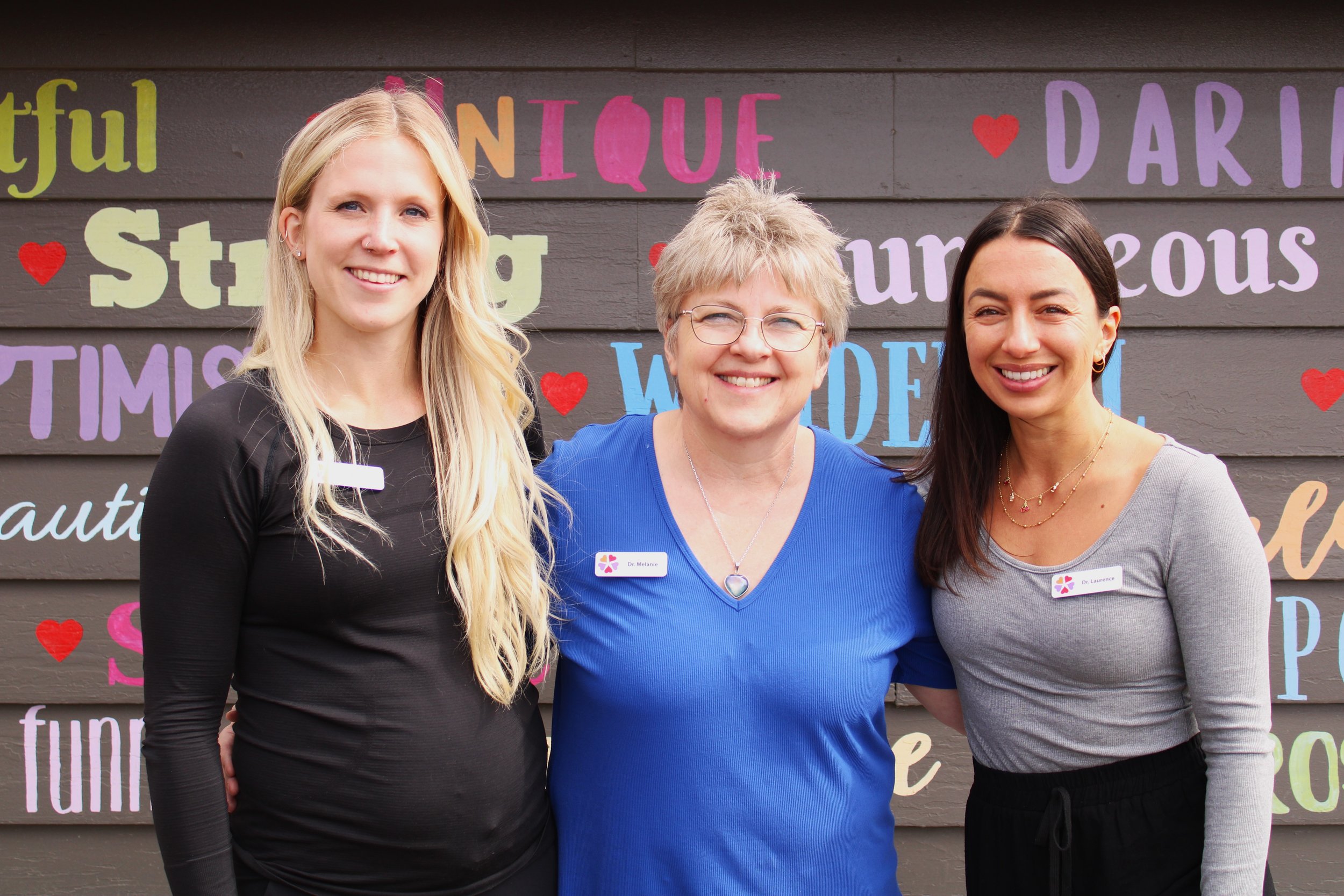
Moro (Startle) Reflex
The information presented on this webpage is printed with permission from Harkla.co

What is the Moro (Startle) Reflex?
More facts about the Moro Reflex
The Moro Reflex is present at birth - it is an involuntary movement in response to sudden stimuli.
You’ve heard of the startle reflex, right? That’s the Moro Reflex!
It assists with the breathing mechanism and provides energy and adrenaline to begin the birthing process, while assisting the baby to descend the birth canal, as well as helping the infant take their first breath.
The Moro Reflex is designed to protect the infant, as the automatic response to sudden stimuli guards the infant with a physical reaction until higher brain centers develop.
The Moro Reflex induces a physical response as well as an auditory response - the infant will typically cry during this startle response. This is meant to alert the adult that the infant is in “danger” and needs assistance.
This startle response typically only lasts for a few seconds. You’ll see movement in the arms and the legs, as well as a startled look on baby’s face.
Because this is a “protective” response, stress chemicals are released. Think of the adrenaline rush associated with “fight or flight” - it’s the same concept.
The Moro Reflex is directly connected to the Fear Paralysis Reflex (FPR), as a the Moro emerges as the FPR integrates.
An overactive Moro Reflex can look like significant startles, difficulty staying asleep, frequent crying, clingy, fussy, colicky, and may require or dislike being held all the time.
Signs of a Retained Moro (Startle) Reflex in an older child or adult:
anxiety
emotional regulation challenges
motion sickness when in a car or on an amusement park ride
balance challenges
coordination issues
hypersensitivity
started/wakes easily
withdrawn, timid or shy
doesn’t like rolling onto their back
Retained Primitive Reflexes affect EVERYTHING
〰️
Retained Primitive Reflexes affect EVERYTHING 〰️
How We Can Help
Chiropractic adjustments and a home exercise program
can help to integrate retained primitive reflexes
Please Note:
As chiropractors, we believe that treating the whole nervous system is important.
If you would like to come to our clinic for treatment regarding Retained Primitive Reflexes, we will:
Perform a thorough chiropractic and neurological exam
Provide a comprehensive intake form that will help us to focus on which reflexes might be retained
Make an individualized plan for you and/or your child
Our treatments include chiropractic adjustments that usually start at 2 times per week for 1-2 months
In order for your nervous system to integrate its retained primitive reflexes,
we will send you with home exercises that must be done twice a day for at least 30-60 days (if not more!)
Re-exam to assess and plan again
We do our best to help; however, it might not be possible to integrate Retained Primitive Reflexes
- that depends on the individual’s brain and nervous system function and it’s ability to accept change
If you would like more information, or to
make an appointment with one of our Doctors,
please call us at 403-945-2422

To help integrate the Moro Reflex, you will need to do
Every morning for 30 DAYS
20 repetitions of the Starfish exercise
20 repetitions of at least ONE FUN Exercise that you can choose from the links below
(Of course, you can do as many of the fun exercises as you like!)
Every afternoon or evening for 30 DAYS
20 repetitions of the Starfish exercise
20 repetitions of at least ONE FUN Exercise that you can choose from the links below
(Do as many of the fun exercises as you like!)
Exercises to Integrate the Moro Reflex
Examples of the Starfish Exercise that we’ve found on YouTube
Child seated Starfish example
Child lying down example
please scroll to the 50 second mark to see the exercise demonstrated
Do NOT follow their recommendations, please use ours from above
Here are more fun Moro Reflex Integration Exercises to choose from
Click Here to see 14 videos of Additional FUN Exercises - click on the Moro Functional Activities folder
Click Here for additional FUN integration exercises that we’ve found on YouTube
Click Here to print a 30 days exercise Tracking Calendar
Dr. Melanie, Dr. Laurence and Dr. Leah have taken many courses about retained primitive reflexes. One course, offered by Harkla, called Assessment and Integration of Primitive Reflexes Master Level was created by Rachel Harrington and Jessica Hill, both occupational therapists
We have been given permission by them to post their very thorough information on our website and to give their handouts to our patients



